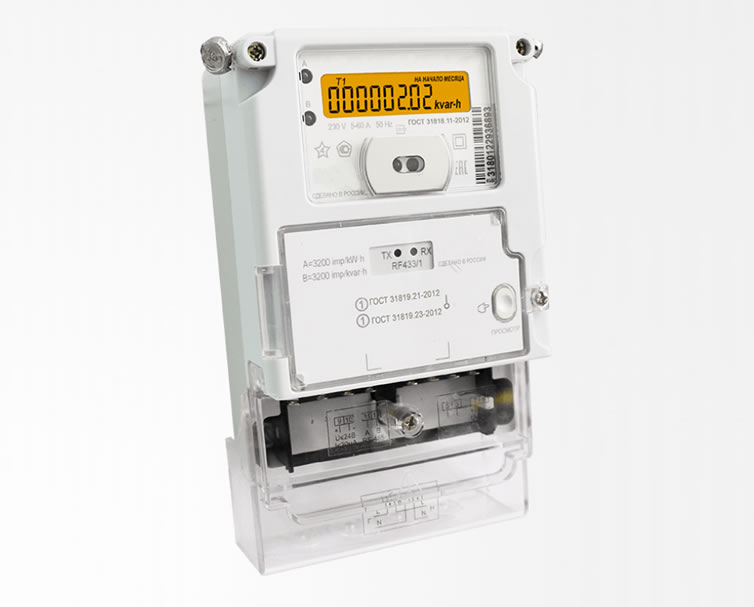A new kind of gas and electricity meter is called a smart meter. They take the place of conventional meters, such as prepaid key meters from reliable smart meter companies, which most people now have outside their houses or beneath the stairs. Smart meters track your gas and electricity use, calculate your costs, and show the results on a convenient in-home display.
-
How do smart meters work?
You may say goodbye to erroneous energy bills if you have a smart meter. In order to ensure that you get exact bills rather than estimates, the smart meter displays a digital reading and utilizes a secure smart data network to wirelessly and automatically transfer the readings to your energy provider at least once a month.
Another feature of smart meters is an in-home display screen that provides near real-time information on your energy use in pounds and pence.
What advantages can smart meters offer?
- Current Information
Since analogue meters could only record data once a month, they were of little use for past cycle payments and of little value for future cycle payments. Thanks to smart meters, utilities can now forecast and simulate monthly cash flow scenarios based on real-time use.
Utilities are able to implement demand response and dynamic pricing via the use of real-time billing information. While the latter helps maintain the distribution system’s stability and lowers the service provider’s generating costs, the former offers consumers more control over their power bills.
Customers may now determine when their power use peaks throughout a particular day as smart meters have the capacity to provide additional information about their usage. By assisting the consumer in locating load peaks that support the power bill, utilities may allay worries and complaints.
-
Higher Level of System Awareness
Smart meters may be used by utilities to certify complete power restoration and to identify an outage or issue quickly. Utilities may examine data that is transmitted on a daily basis to identify load patterns associated with peaking, which helps them make choices about where to locate future equipment.
Enhanced system awareness enables utilities to handle quality-related as well as quantity-related challenges more successfully. Signals pertaining to electricity quality may be detected and sent by smart meters. Smart meters, for instance, can gauge voltage levels and deliver a readout, whether high or low.
Utilities are able to examine the use patterns of each individual consumer thanks to smart meters. Grid operations are considerably impacted by the consumption of commercial and industrial facilities, whereas this is less important for residential structures.
- Savings on Costs
Employees don’t need to physically visit smart meters to get a reading since they are completely digital. Utilities will save a lot of money since they can use these people for other projects without hiring as many people.
Conclusion
By using the most existing resources, smart metering from the the best smart meter energy supplier may also help utilities save money. When distributed energy resources are involved, the real-time data that smart meters send enables utilities to make well-informed choices about where to deploy resources. Smart meters assist utilities in determining whether more infrastructure is required, even in cases when greater demand is not.
